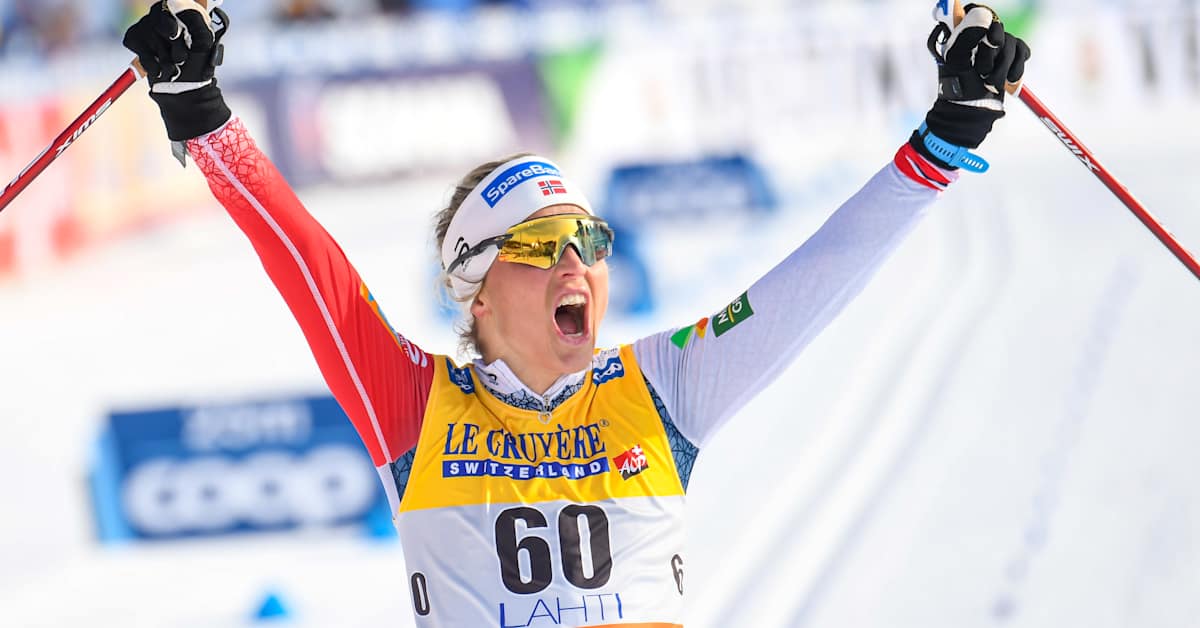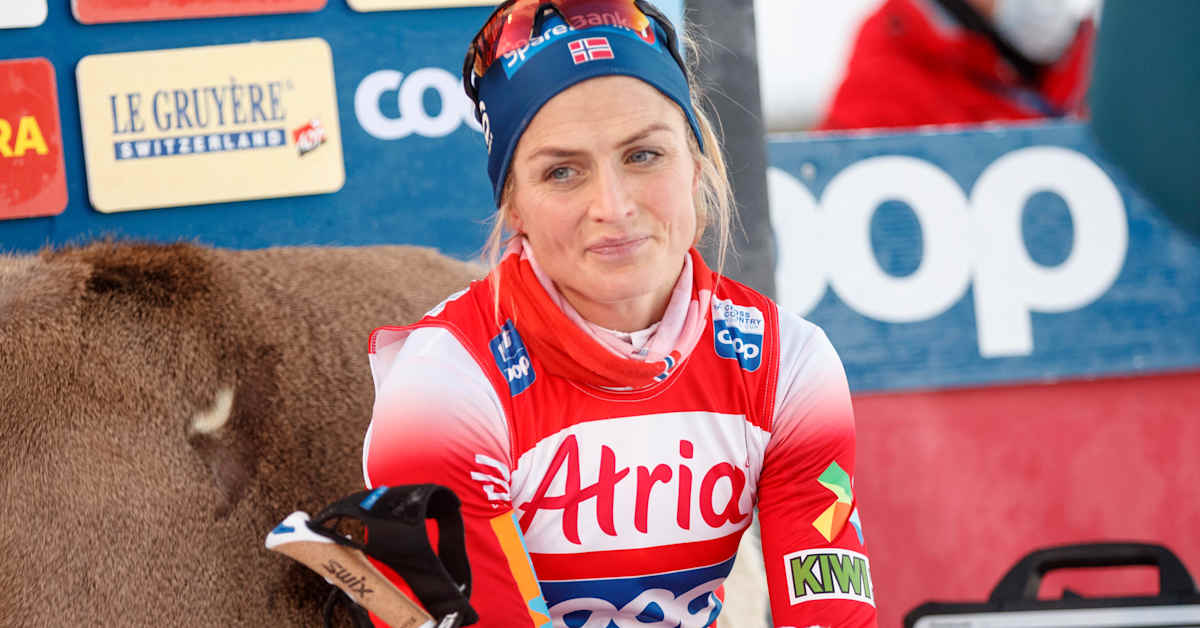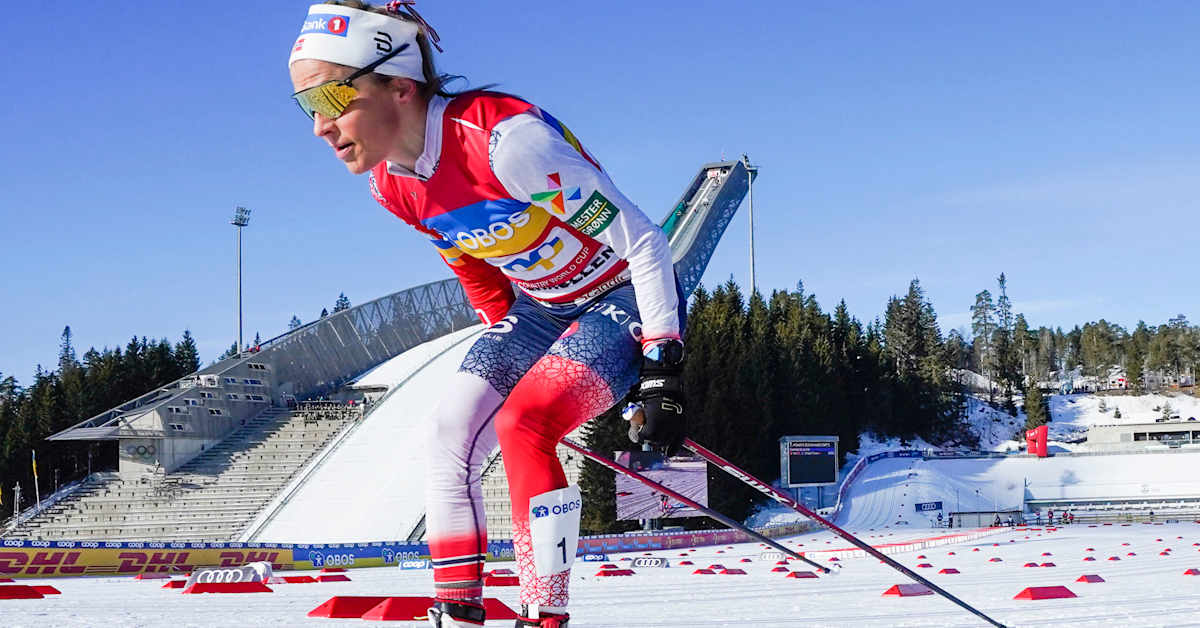
Commentary: The praise for Therese Johaug has taken on odd characteristics in Norway
Originally published in YLE on November 24, 2024
Therese Johaug returned to the races and did not show anything remarkable compared to her usual standards, writes journalist Atte Husu.
When Norway's star skiers opened their season on Saturday in Beitostølen, competition was witnessed both on the track and outside of it.
Having returned to competition after two years, Therese Johaug had not even reached the finish line in the 10-kilometer interval start when some Norwegian specialists were already beginning to depict her as a likely three-time champion in the individual distance races at the World Championships in Trondheim expected in February-March.
Ultimately, Johaug won her comeback race with a margin of 39.4 seconds.
– Therese Johaug is only improving day by day, even though it is not necessary. Today's performance was at the level of World Championship gold, wrote TV2 commentator Petter Skinstad in his column.
Johaug's performance was described as overwhelmingly dominant. That nearly 40-second winning margin undoubtedly indicates that.
However, the comparisons that were less emphasized were whom she was compared to.
Comparison Made
On Saturday, second place on the Beitostølen track was secured by 33-year-old Heidi Weng.
Weng is a multiple medalist in major competitions, having won the overall World Cup and the Tour de Ski twice.
Last season, Weng was the second in the Tour de Ski and eighth in the overall World Cup standings. Therefore, she is undoubtedly among the elite of women's skiing and was a good reference point for Johaug's return race.
However, interval starts in the classical technique are not Weng's specialty. Last season she placed between sixth and tenth in five classical interval starts and averaged 45 seconds behind the winner in those 10km races.
When Johaug and Weng last met in a 10 km classical race in Beitostølen in November 2021, Johaug defeated her competitor by 43.9 seconds.
A week later, Johaug finished second in that distance in the World Cup in Ruka, lagging 13.7 seconds behind Sweden's Frida Karlsson, and beat Weng, who placed tenth, by 42 seconds.
In her career, Johaug has won nine World Cup events in 10 km classical style interval starts. Weng has participated in seven of these races and lost to Johaug by an average of over a minute.
Given Weng's current level in the classical style, it raises the question of whether Johaug's speed was as astounding as Norwegian specialists suggested.
No Surprises
Therese Johaug, who has won everything multiple times in her career, made it clear in October to NRK that she has not returned to compete for sixth to tenth places - those exact positions that Weng consistently achieved last season in classical interval starts.
Against that backdrop, the victory on Saturday, adorned with superlatives from Norwegian specialists, was rather a differential that places her in the ranks of winning candidates for the upcoming World Cup in Ruka. In that sense, there is really nothing surprising or new in skiing this season.
Even though Johaug suffered a loss of 0.6 seconds to Weng in the interval start done in freestyle on Sunday, the queen of skiing in Norway’s return to the race tracks can be considered successful.
It undoubtedly furnished her with one of the most essential components of elite sports: confidence.
Taking into account also Johaug's lack of competitive routine, which will be crucial to build during the upcoming World Cups in the coming weeks, superlatives may yet be added to Johaug's performances this winter, which genuinely have merit.
See Also
Therese Johaug Wins in Comeback at Beitostølen
November 23, 2024 / Eurosport
Therese Johaug's domination in Norwegian season opener
November 23, 2024 / SVT Sport

Therese Johaug's Dominance Astonishes Norwegian Ski Gurus: "She Looks Scary Good"
November 23, 2024 / Yle

Ski Queen Johaug Returns to Competition - Petter Northug Comments on High Expectations
November 23, 2024 / Yle
Mathias Fredriksson Backs Therese Johaug in Comeback: 'She Doesn't Need to Be at Her Best'
September 29, 2024 / SVT Sport